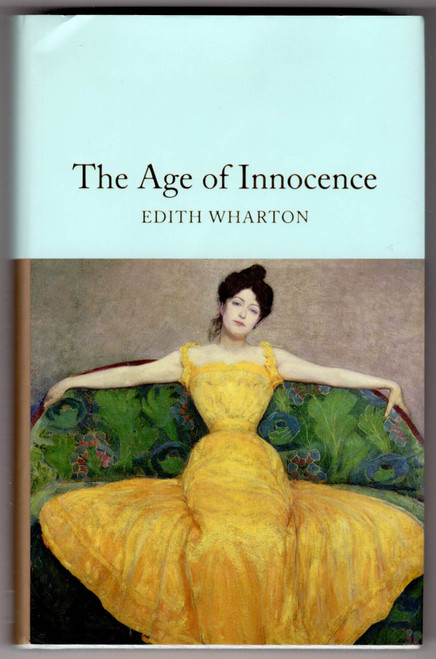Nathaniel Hawthorne's The House of the Seven Gables explores the dark legacy of a cursed lineage that hangs over a deteriorating mansion in 19th-century New England. The novel intricately weaves the lives of the Pyncheon family, haunted by guilt and retribution stemming from ancestral sins. As the story unfolds, the arrival of a distant cousin, the spirited Phoebe Pyncheon, injects a spark of hope and renewal, challenging the suffocating legacy of greed and vengeance. Rich with symbolism and gothic elements, Hawthorne’s narrative explores themes of morality, identity, and the inescapable past, inviting readers to reflect on the interplay between fate and free will in a world where history profoundly shapes the present.
With an Introduction by MacEwen
Cover by James Cotinas
About the Author
Nathaniel Hawthorne (1804-1864) was a prominent American novelist and short story writer, renowned for his exploration of moral complexity and psychological depth in his works. Born in Salem, Massachusetts, he drew inspiration from the Puritan heritage of his ancestors, which heavily influenced his themes of sin, guilt, and redemption. Hawthorne's distinctive style blends romanticism with a keen interest in the darker aspects of human nature, as seen in celebrated works like The Scarlet Letter and The House of the Seven Gables. His literary contributions have left an indelible mark on American literature, establishing him as a pioneer of the psychological novel.




![Published in 1851, The House of the Seven Gables was conceived by Nathaniel Hawthorne as a modern-day sequel to The Scarlet Letter, which had appeared the year before. Set in Salem, the story's dramatic center revolved around two elederly characters, Hepzibah and Clifford Pyncheon, as they struggle to free themselves from a centuries-old family curse, ghostly forebears, and a crippling sense of hereditary guilt. They find themselves aided in their quest by their young cousin, Phoebe, and a mysterious daguerreotypist named Holgrave, who has taken up residence with them. Watching over this human drama, as if awaiting its outcome, is the brooding House of the Seven Gables, the Pyncheon ancestral home.
In this book Hawthorne hoped to dispel the gloom of the Puritan past that pervades The Scarlet Letter. Whether or not he succeeded has long been a matter of opinion. Hawthorne's wife, Sophia, praised her husband's new romance for its "dear home-loveliness and satisfaction," while Herman Melville found it a damnably dark and subversive work: "[Hawthorne] says NO! in thunder; but the Devil himself cannot make him say yes." Published in 1851, The House of the Seven Gables was conceived by Nathaniel Hawthorne as a modern-day sequel to The Scarlet Letter, which had appeared the year before. Set in Salem, the story's dramatic center revolved around two elederly characters, Hepzibah and Clifford Pyncheon, as they struggle to free themselves from a centuries-old family curse, ghostly forebears, and a crippling sense of hereditary guilt. They find themselves aided in their quest by their young cousin, Phoebe, and a mysterious daguerreotypist named Holgrave, who has taken up residence with them. Watching over this human drama, as if awaiting its outcome, is the brooding House of the Seven Gables, the Pyncheon ancestral home.
In this book Hawthorne hoped to dispel the gloom of the Puritan past that pervades The Scarlet Letter. Whether or not he succeeded has long been a matter of opinion. Hawthorne's wife, Sophia, praised her husband's new romance for its "dear home-loveliness and satisfaction," while Herman Melville found it a damnably dark and subversive work: "[Hawthorne] says NO! in thunder; but the Devil himself cannot make him say yes."](https://cdn11.bigcommerce.com/s-ezptpblrxu/images/stencil/500x659/products/428/805/HouseSevenGables__63675.1659472144.jpg?c=2)



